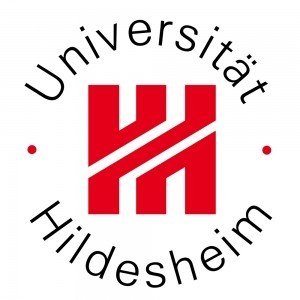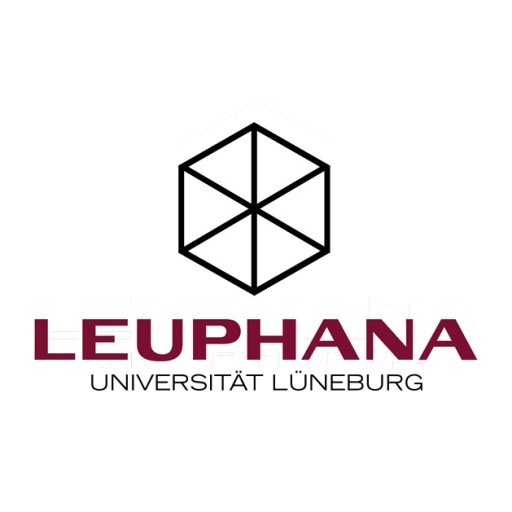Photos of university / #lmu.muenchen
The MSc in Data Science at Ludwig Maximilians University Munich offers a comprehensive and rigorous curriculum designed to equip students with the advanced skills and knowledge required to excel in the rapidly evolving field of data science. This programme provides a deep understanding of statistical methods, machine learning techniques, data analysis, and computational approaches necessary for extracting valuable insights from large and complex data sets. Students will learn how to design, implement, and evaluate data-driven solutions across various domains, including business, healthcare, technology, and research.
Throughout the course, students engage with cutting-edge topics such as artificial intelligence, big data analytics, programming in R and Python, data visualization, and data management. The programme emphasizes practical experience and application, offering opportunities for internships, project work, and collaborations with industry partners. By combining theoretical foundations with real-world problem solving, graduates are well-prepared for careers in data science, analytics, and related fields.
The MSc Data Science programme also fosters strong analytical thinking, problem-solving skills, and a solid understanding of ethical issues related to data handling and privacy. With access to state-of-the-art facilities, experienced faculty, and an international campus environment, students benefit from a stimulating academic atmosphere that encourages innovation and research. Graduates of this programme are equipped to contribute to technological advancements and data-driven decision-making in diverse sectors, making them highly sought after by employers worldwide. The programme’s multidisciplinary approach ensures that students develop a well-rounded skill set necessary for tackling complex analytical challenges and driving digital transformation in their future careers.
Educational organisation
The Master's programme Data Science is an interdisciplinary programme. It is carried out jointly by the Department of Statistics and the Institute for Informatics at LMU Munich.The curriculum is a modularised study programme. It comprises lectures, exercise classes, lab courses, and practicals. It also includes summer schools and focused tutorials.
Semesters 1-2: Core modules Statistics and Informatics; Individual Modules (Fundamentals of Data Science); Predictive Modelling; Human Computation and Analytics.
Semesters 2-3: Data Ethics and Data Security; Elective Modules; Current Research in Data Science.
Semester 3: Data Science Internship.
Semester 4: Master's thesis and defence.
Study abroad unit(s)
New exchange programmes with international universities that offer data science programmes are being established. Students have the opportunity to go abroad for short research visits or for a full semester. They may also do their internships abroad.Internships
In the module "Data Science Practical", students cooperate with industrial partners and research facilities in data analysis projects. This may include internships at the partner organisations.Forms of assessment
Forms of assessment include written and oral exams, oral presentations, and written reports.Course objectives
Students will be highly qualified, responsible academics who can work as data scientists in industry, economy, and science.Language requirements
Proficiency in EnglishAcademic requirements
Bachelor of Science (or equivalent) in statistics or informatics or related disciplinesEnrolment fees
Approx. 120 EUR per semester. The fee includes a semester ticket covering public transport in the Munich metropolitan area.Costs of living
Living costs (including accommodation and health insurance) in Munich range from 800 to 1,000 EUR per month.Arrival support
Orientation day with information about the curriculum and general organisational issuesServices and support for international students
The International Office offers a support and integration programme to assist international students, doctoral students, and postdocs at LMU:http://www.en.uni-muenchen.de/about_lmu/contact/int_office/index.html










